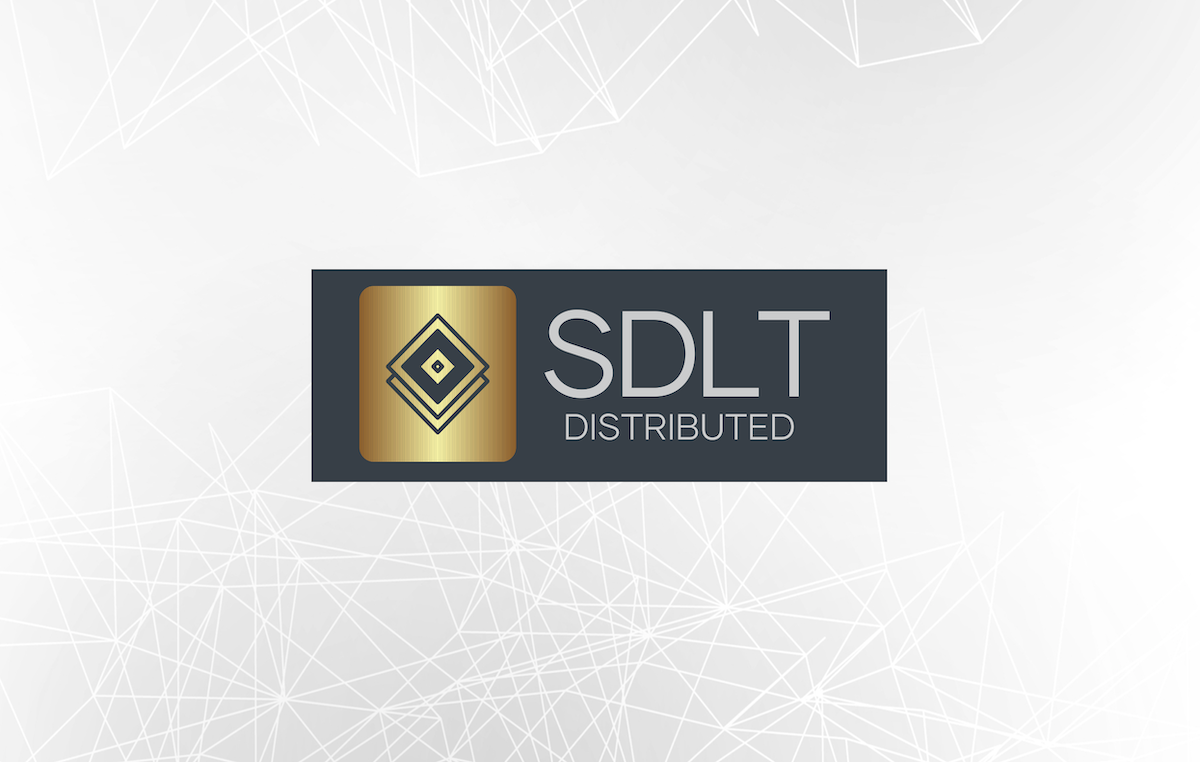
If Carlsberg Did Blockchain: A Note From Gary Pound
Gary Pound – Managing Director of SDLT
Our dream for SDLT started some time ago; supported by research, chance meetings with like-minded entrepreneurs, and several eureka moments to get the ball rolling. One year later, after considerable investment, SDLT Company Limited was born and is now growing fast through 2020.
SDLT specialises in the custom build of Distributed Ledger Technology (DLT) systems with integrated AI capabilities, which you can imagine takes some explaining. In essence, we design, build, and manage private blockchain solutions that have the potential to improve the performance of most businesses: a real game-changer. We focus on the application of the technology – i.e. rapid deployment, value creation, and affordable business models – rather than the technology itself. Our business approach successfully resonates with clients, so much so that SDLT has secured major long-term contracts with government and enterprise clients within a short period.
At SDLT, we are always on the lookout for exceptional recent graduates that are seeking careers in Technology, Project Management or Business Analyst type roles. If that’s you, then please reach out and contact me, Gary Pound, directly through LinkedIn! Please also get in touch if you’d like to learn more 🙂
Greenhouse Gases Ledger for emissions management
Human-induced carbon dioxide fuels global warming Greenhouse gases (GHG) are an essential part of Earth’s atmospheric makeup. These…
Blockchain brings seed-to-sale transparency to cannabis
Blockchain and cannabis are two highly disruptive trends that are fundamentally shifting how business is conducted across the…
AI and analytics driving digital customer loyalty
The explosion of online retail and multitude of new brands entering the market is offering customers more choices…



